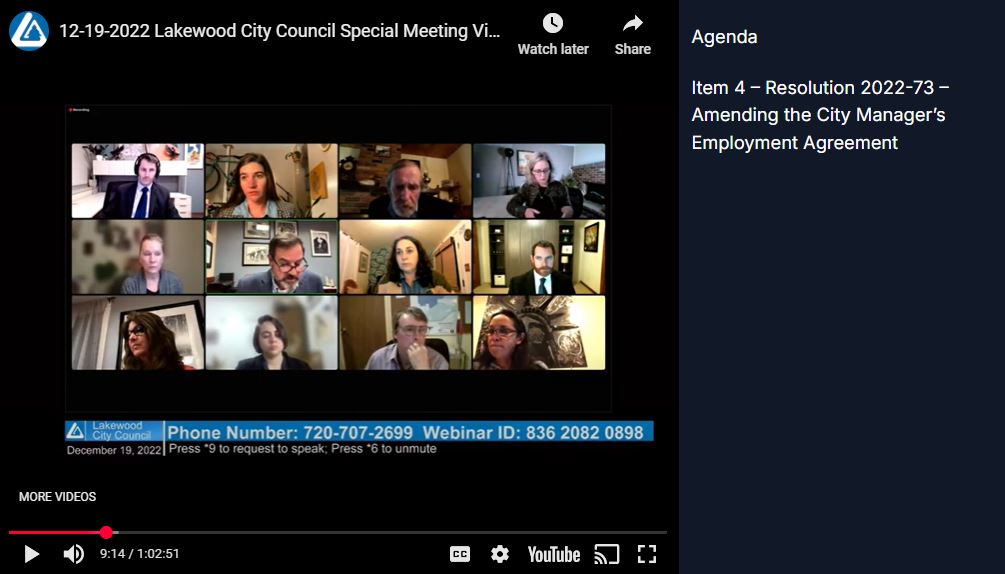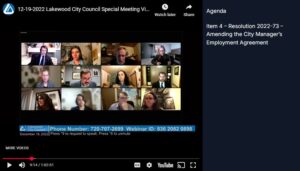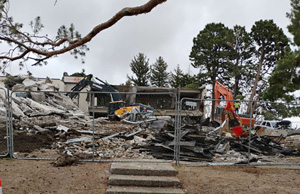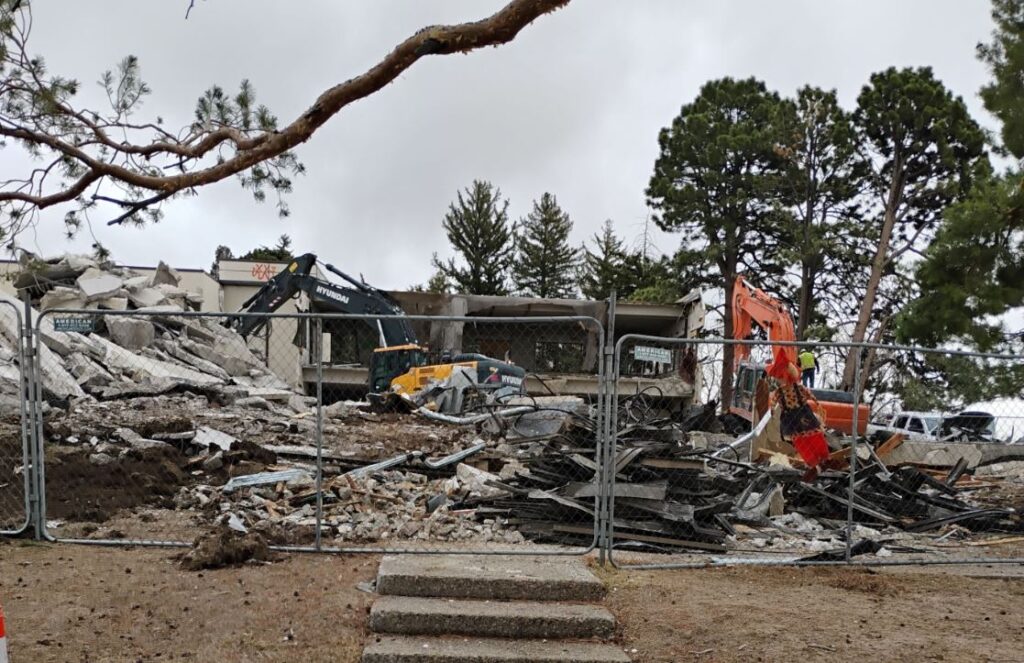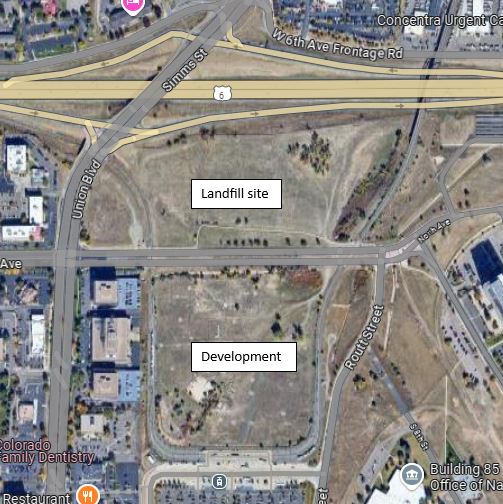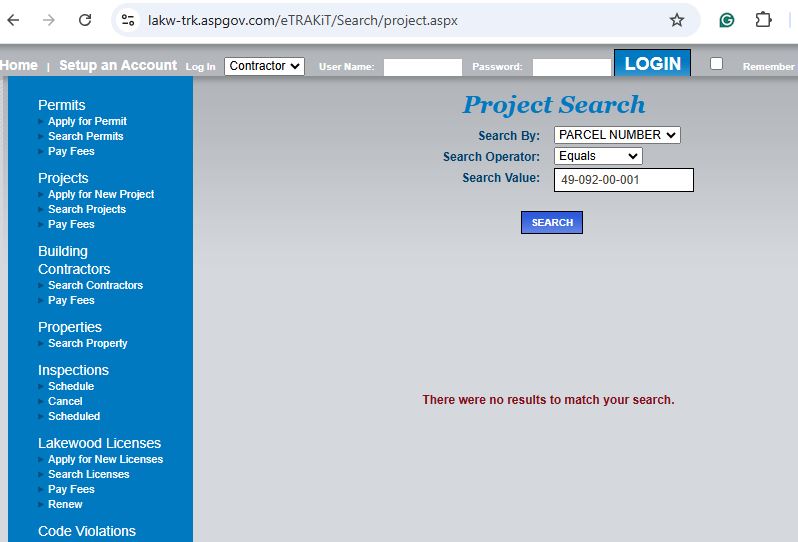By Lenore Herskovitz
On Monday, March 24 the City Council will hold the first of 2 Special Meetings regarding the Annual Review of the City Manager, Kathy Hodgson. Residents are not privy to the standards or metrics that are used to evaluate the job performance of our most powerful and most highly compensated city officials. At one time, the City of Lakewood Community Survey was issued every 2 to 3 years which included approval ratings for the city’s performance. In 2010, when Kathy Hodgson took office this approval rating was 67%. By 2022, this had dropped to 38%. Since then, this survey has not circulated. Until 2022 these survey results were included in the evaluation process (See Lakewood Informer news report from 2022). On Dec. 19, 2022, the City Council met to amend the City Manager’s 2014 Employment Agreement and establish the 2022 Employment Agreement. This was supposed to be discussed on Dec. 5 in an Executive session but 4 Councillors (Able, Springsteen, Olver, and Janssen) opposed the session because they felt they had not been provided enough information in advance of the meeting.
At the Dec. 19 meeting there was confusion about whether the representatives were voting solely on the amendments or on the new contract because the packet that was presented only included a staff memo and the resolution containing the proposed amendments. There was no redlined version showing what had been removed from the 2014 contract or any copy of what the new contract would be in its entirety. One thing that had been eliminated was any use of the community survey results when determining the City Manager’s compensation. Only City Council would make that determination moving forward. In spite of the fact that no complete copy of the 2022 contract was provided, the majority of council members voted to pass it. Those voting in favor included our present mayor then Councilor Strom, Mayor Pro Tem (then Councilor) Shahrezaei, and Councilor Mayott-Guerrero. Those opposed were the same 4 who voted against the Dec. 5 executive session which forced the public hearing on the 19th. As a result, the determination regarding the City Manager’s review and compensation rests in the hands of our elected council members. How often do these individuals hold the City Manager accountable? Is there really any oversight when department heads fail to comply with city codes or ordinances? For example, when the previous Director of Community Resources failed to evaluate fees-in-lieu on an annual basis from 2018 to 2023 as required by ordinance, were there any consequences? The City Manager appoints this and other directorial positions and is responsible for supervising them. Recently, it was discovered that perhaps the Chief of Sustainability and Community Development and his staff had not been following the 2018 Parkland Dedication ordinance, which can be seen in a letter dated October 23, 2024 on page 2 of this document under Item 11 Parkland Dedication, the developer, who had not yet been issued a building permit, was being charged the old fee of $254,545 an acre as opposed to the $432,727 fee that went into effect on June 1, 2024.
Are ordinances mere suggestions rather than laws to be followed under this City Manager? Is discretion to reinterpret the law acceptable now? Who, if anyone, is providing oversight and accountability from department heads, or do mistakes just get scapegoated or buried altogether?
After years of complaints, meetings are still posted on the wrong site. There still is no consolidated, easily accessible City Directory to identify employees by department and their city contact information. At the annual planning session, councilors have requested better communication between themselves and staff. The City Manager was supposed to provide in-person quarterly updates on goals set at the retreat. Instead, there are updates on the city dashboard in addition to a workshop that was held in person (with no recording available to the public who couldn’t attend). For years, City Council has seemed willing to overlook these shortfalls.
If you wish to share your views about the City Manager’s performance feel free to contact: CityCouncilMembers@Lakewood.org
You can also contact your individual councilors through the link provided (https://www.lakewood.org/Government/City-Council/City-Council-Members)
